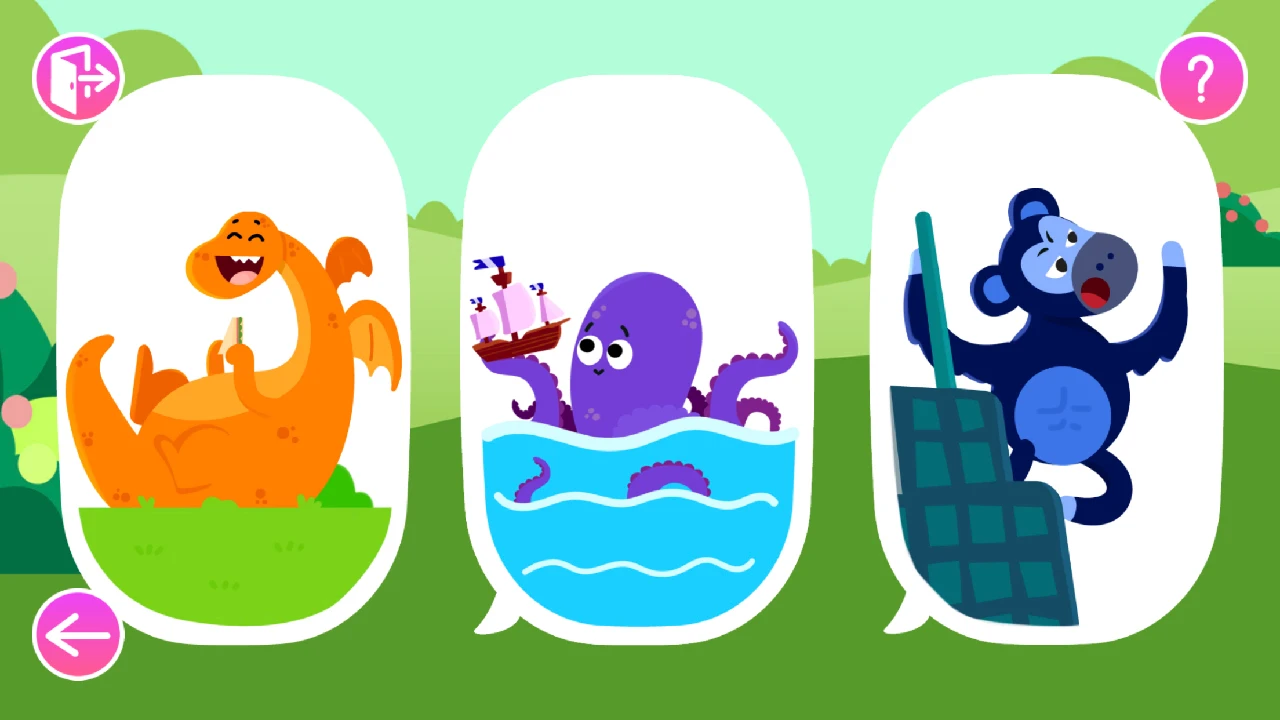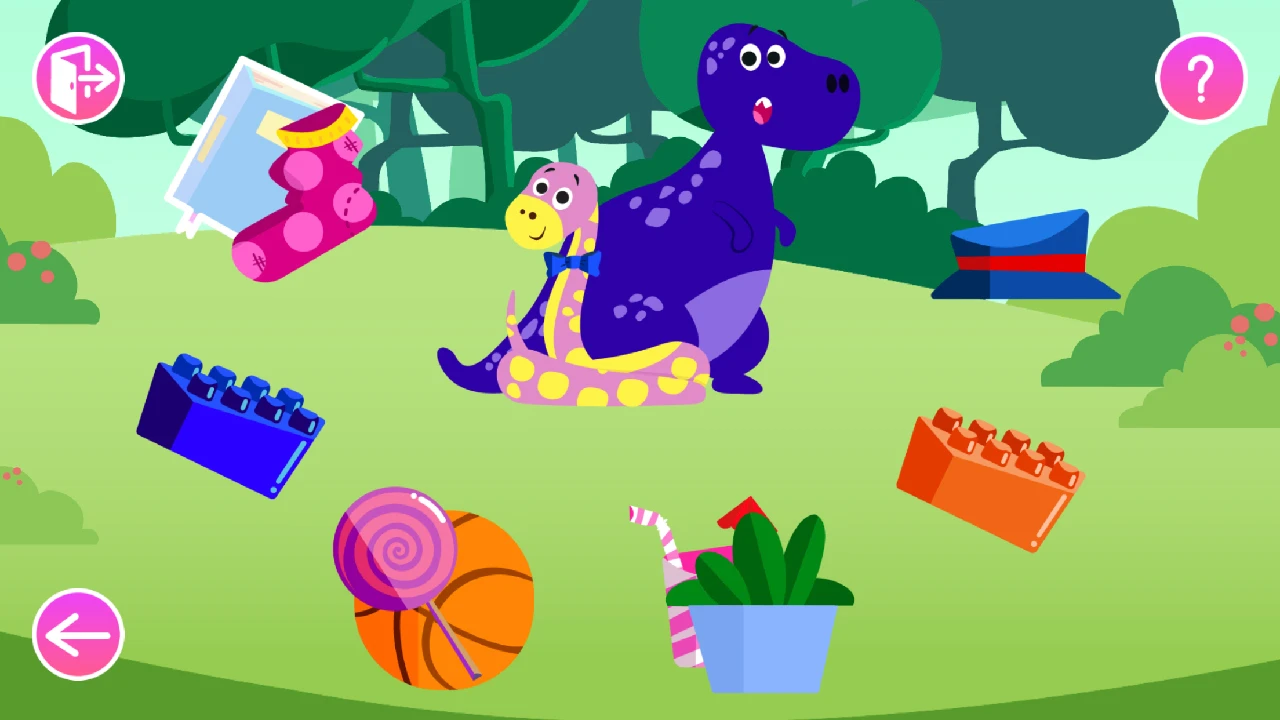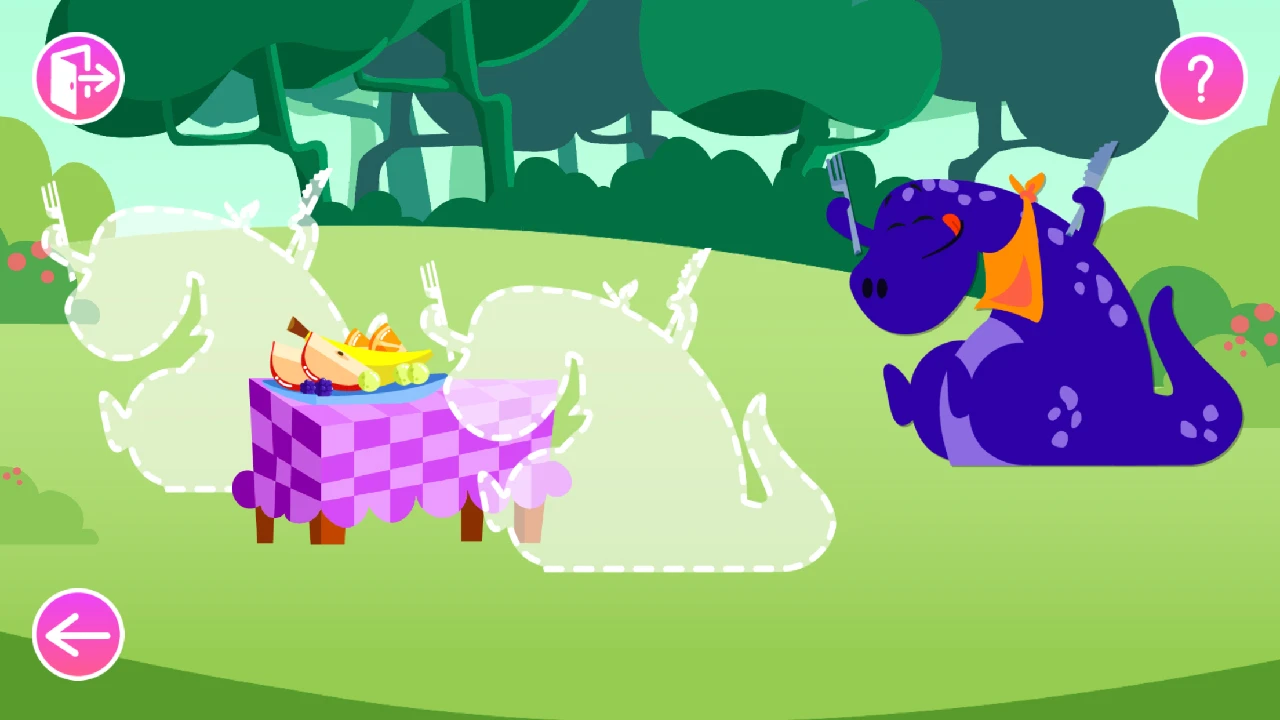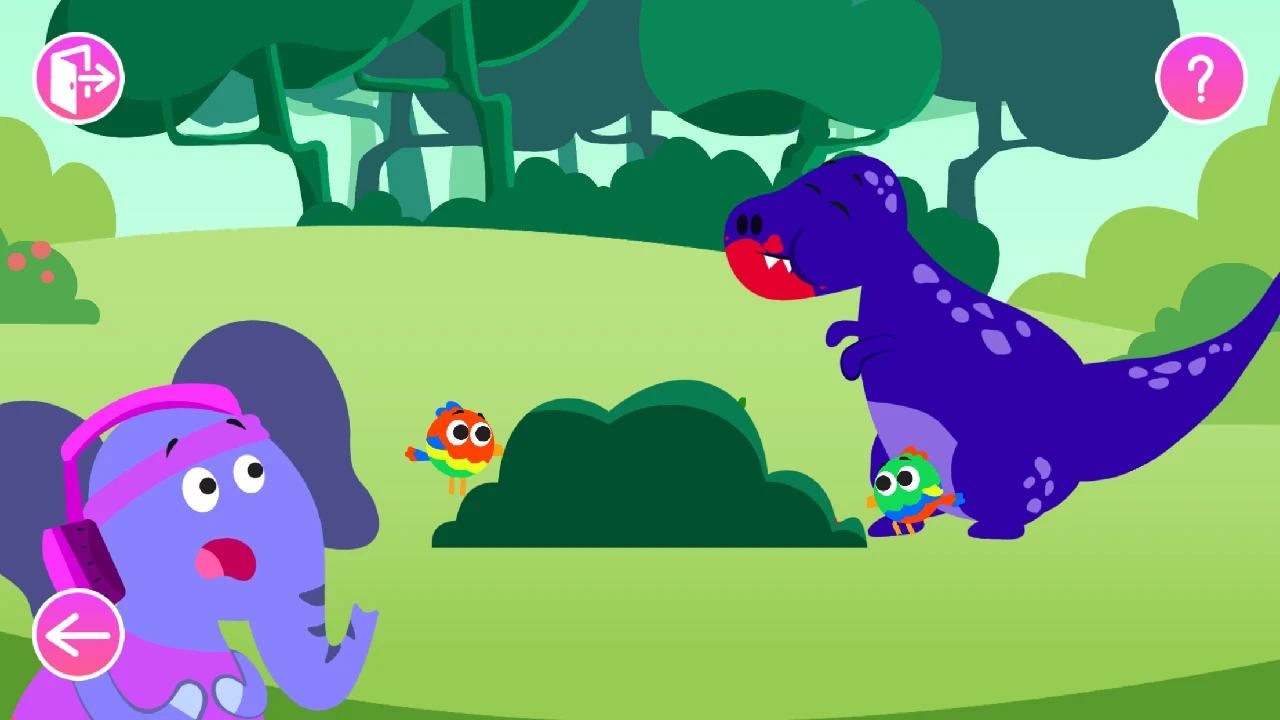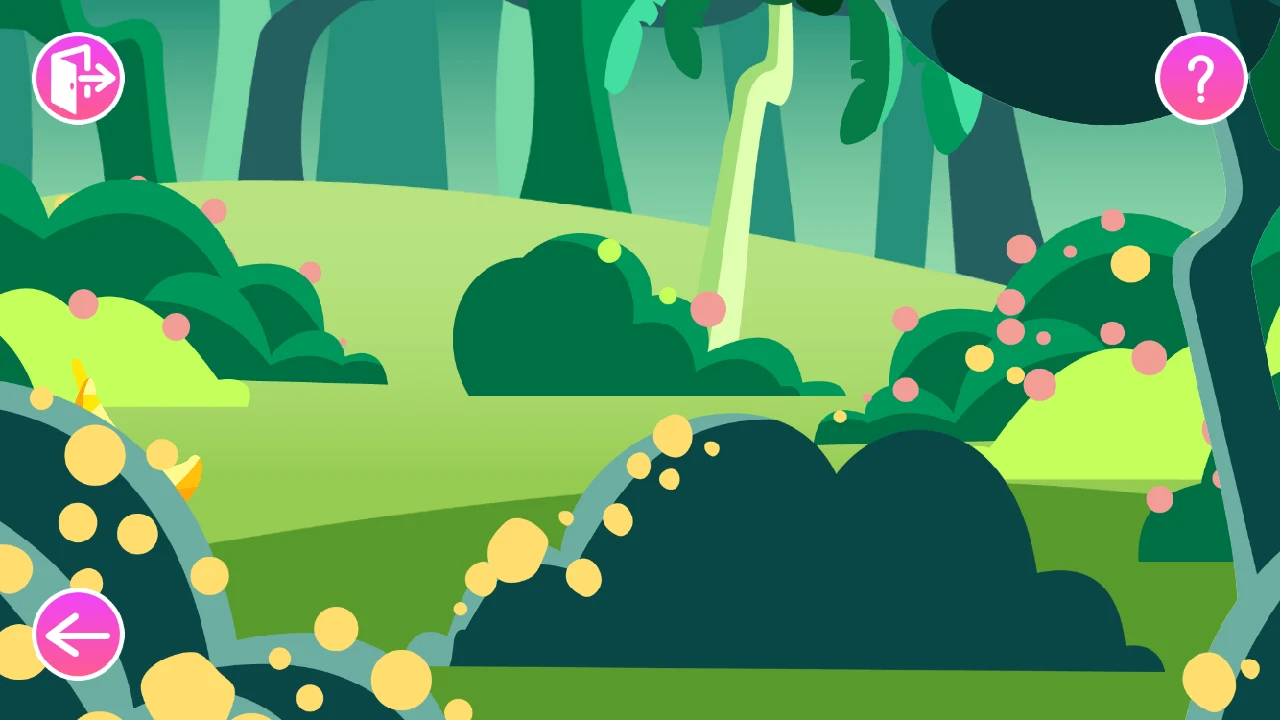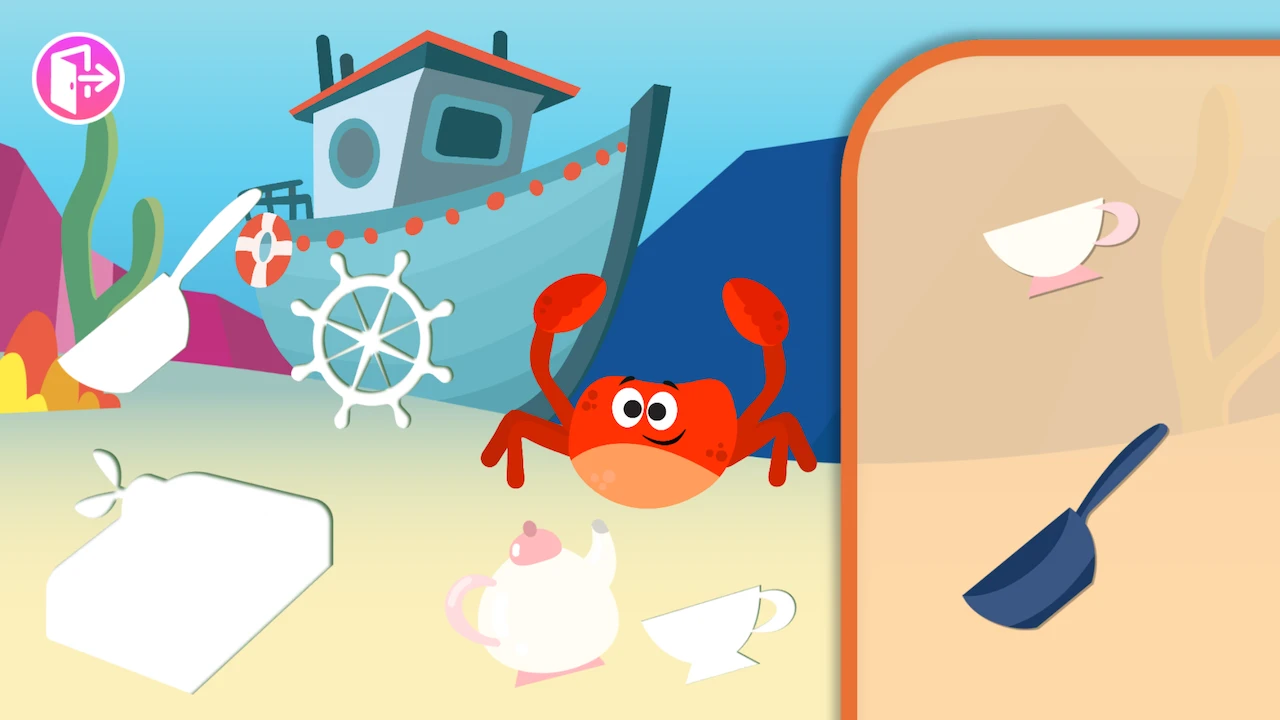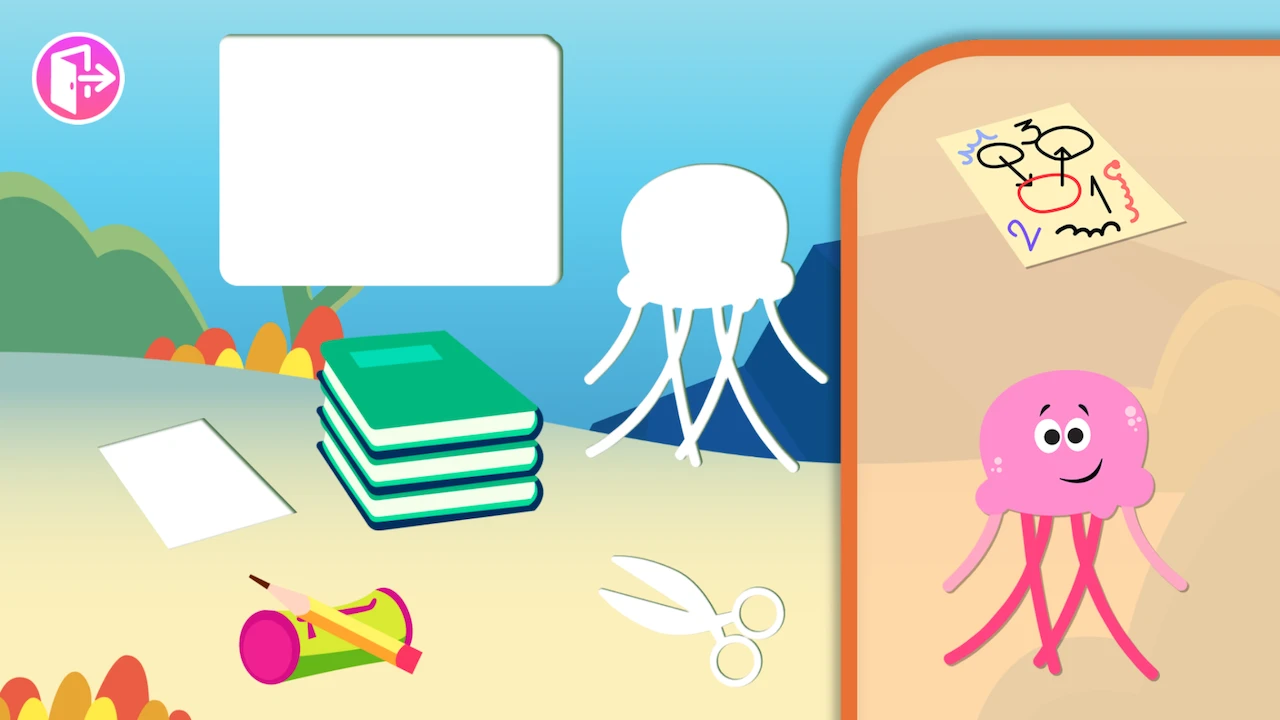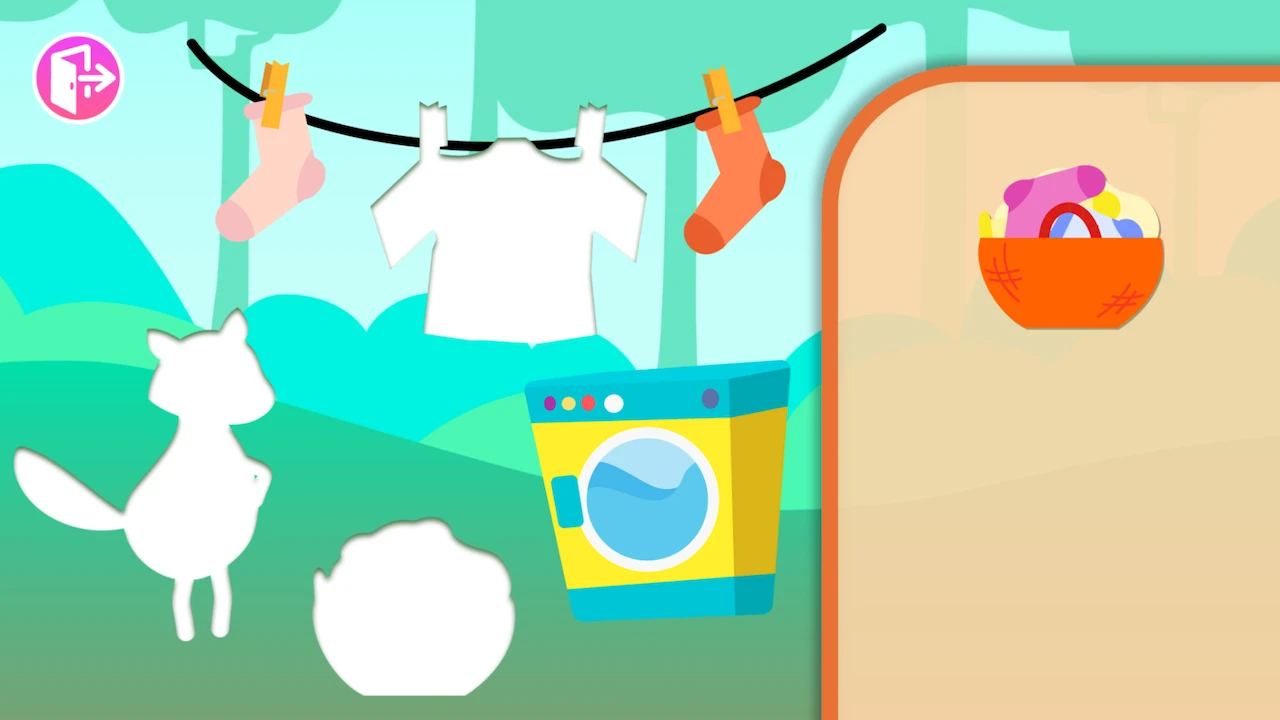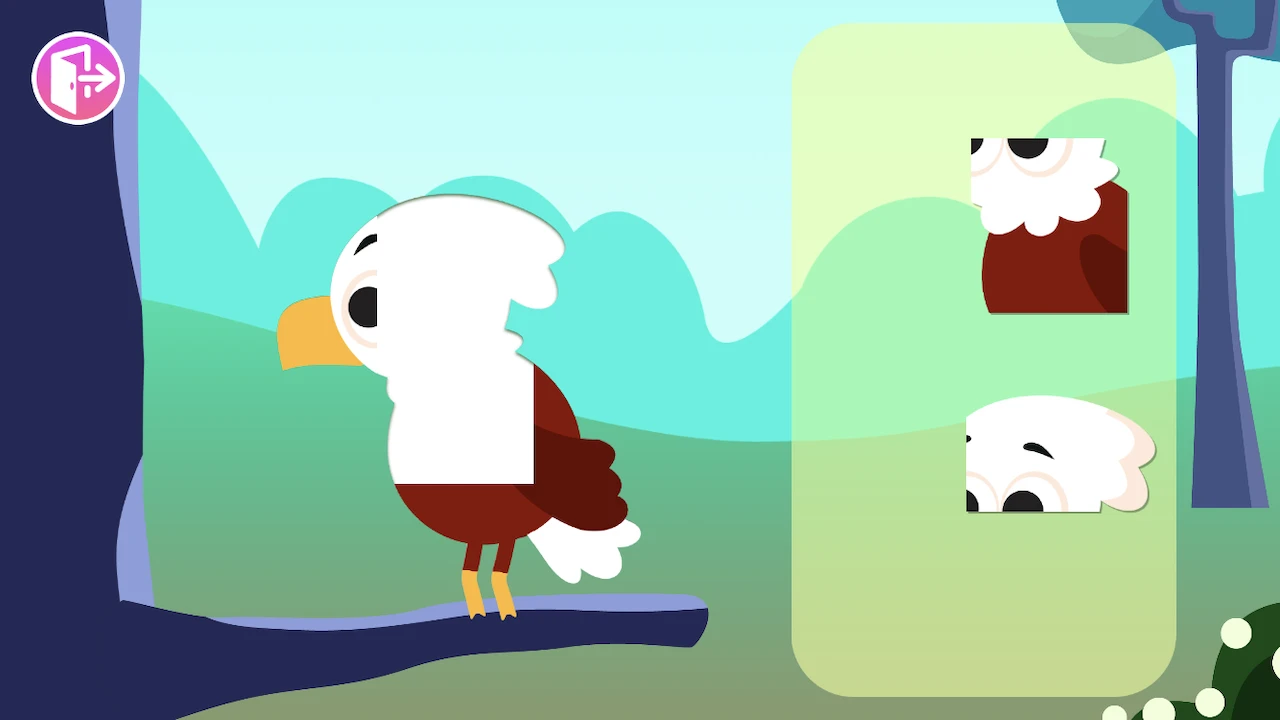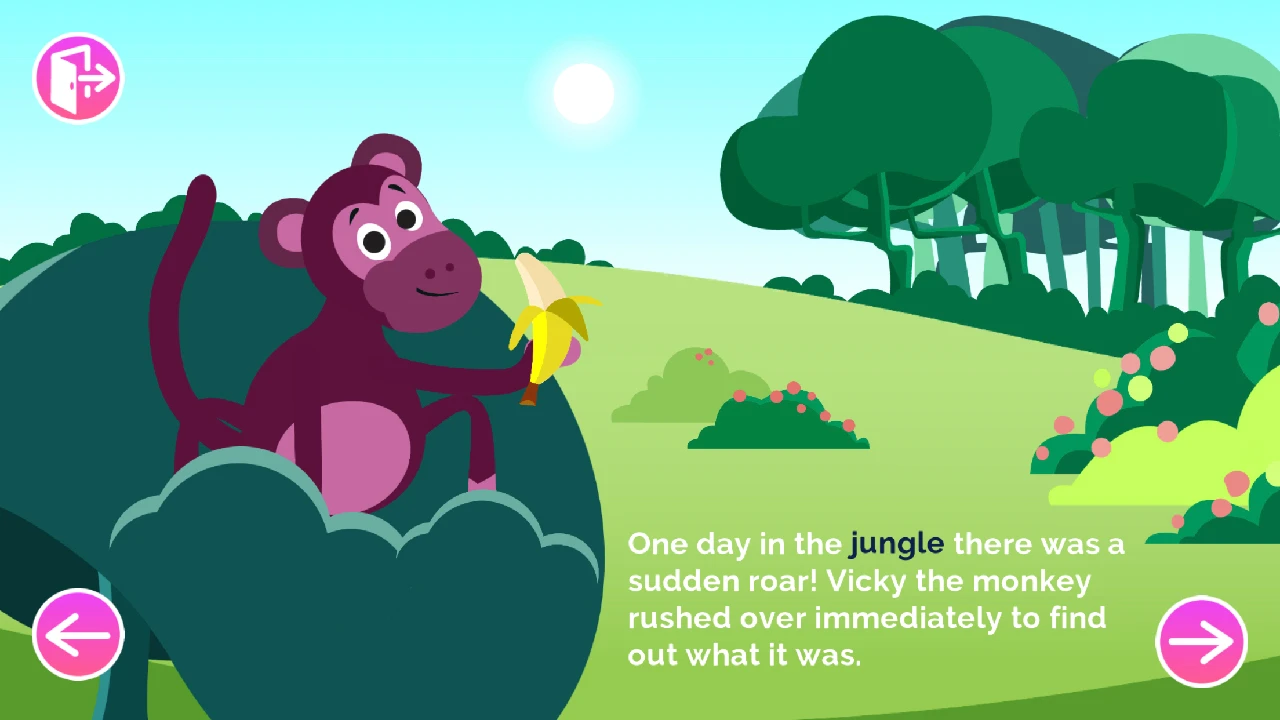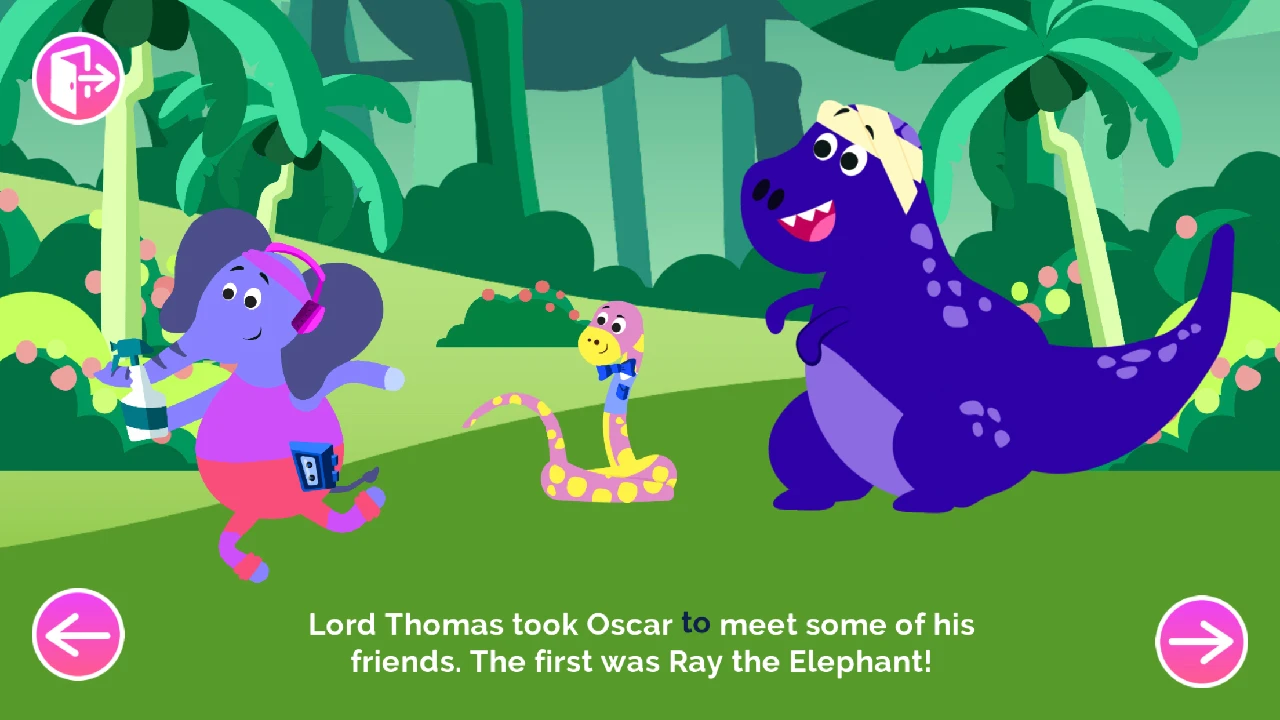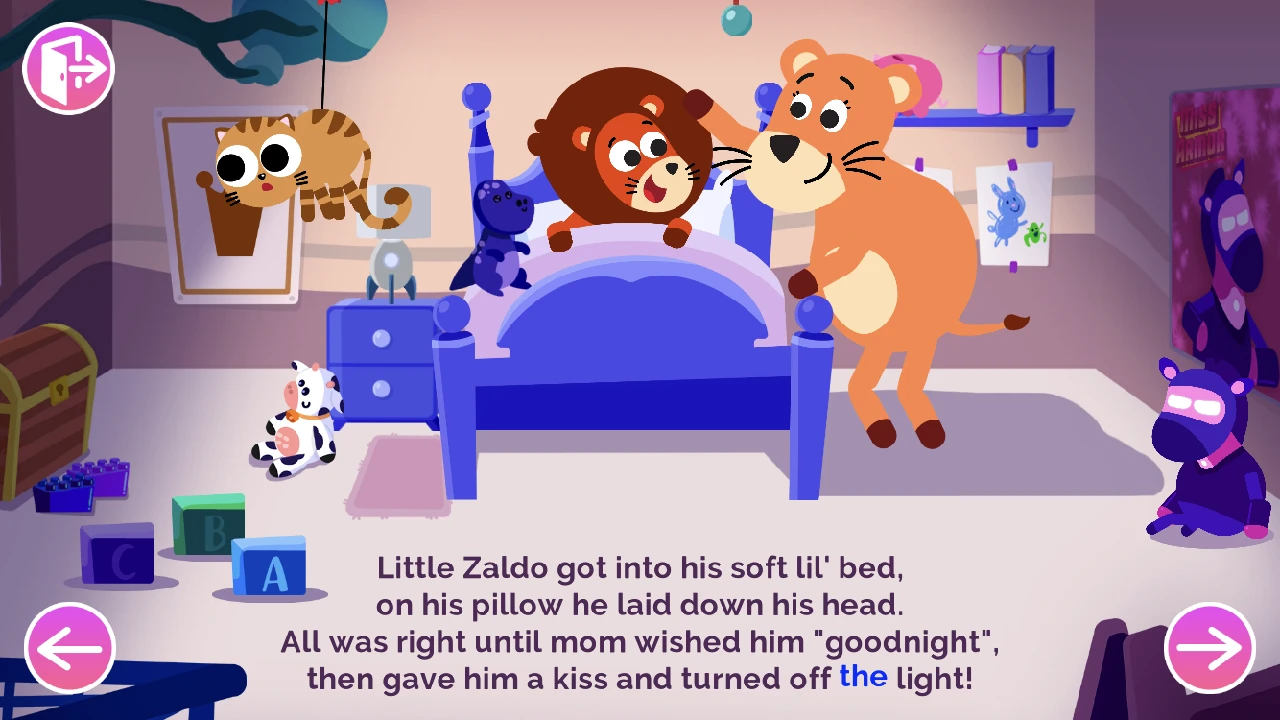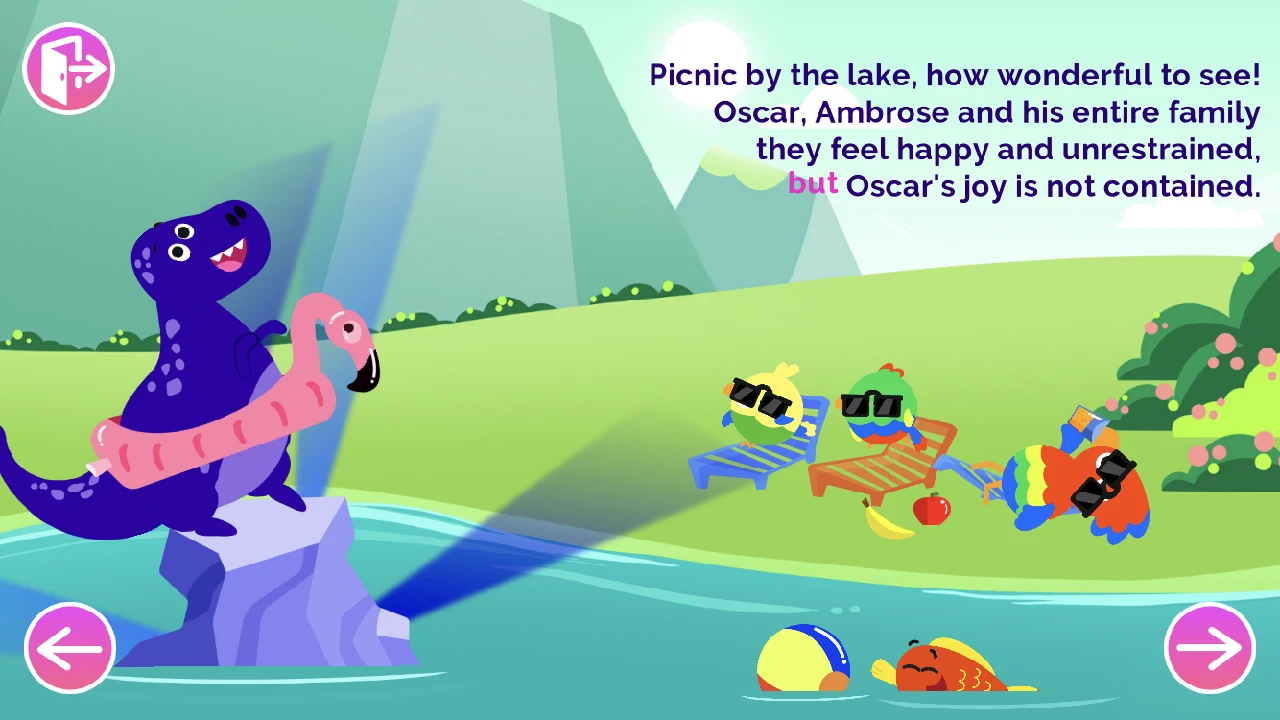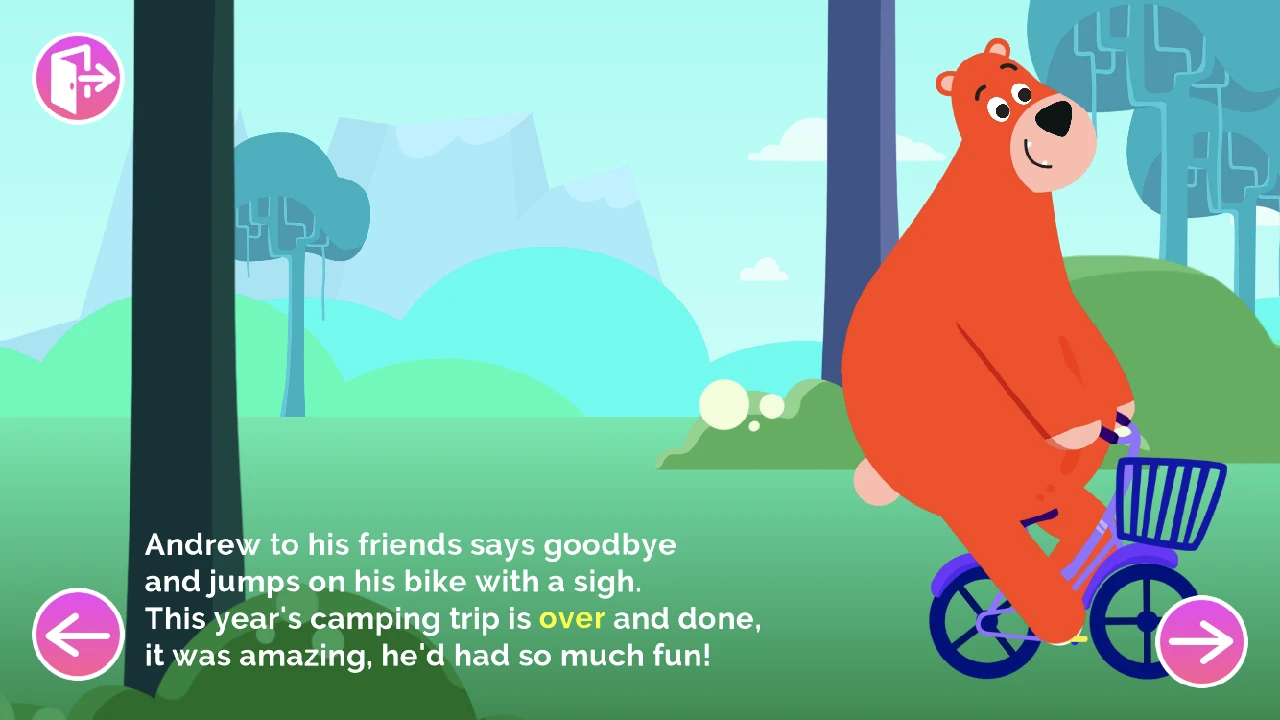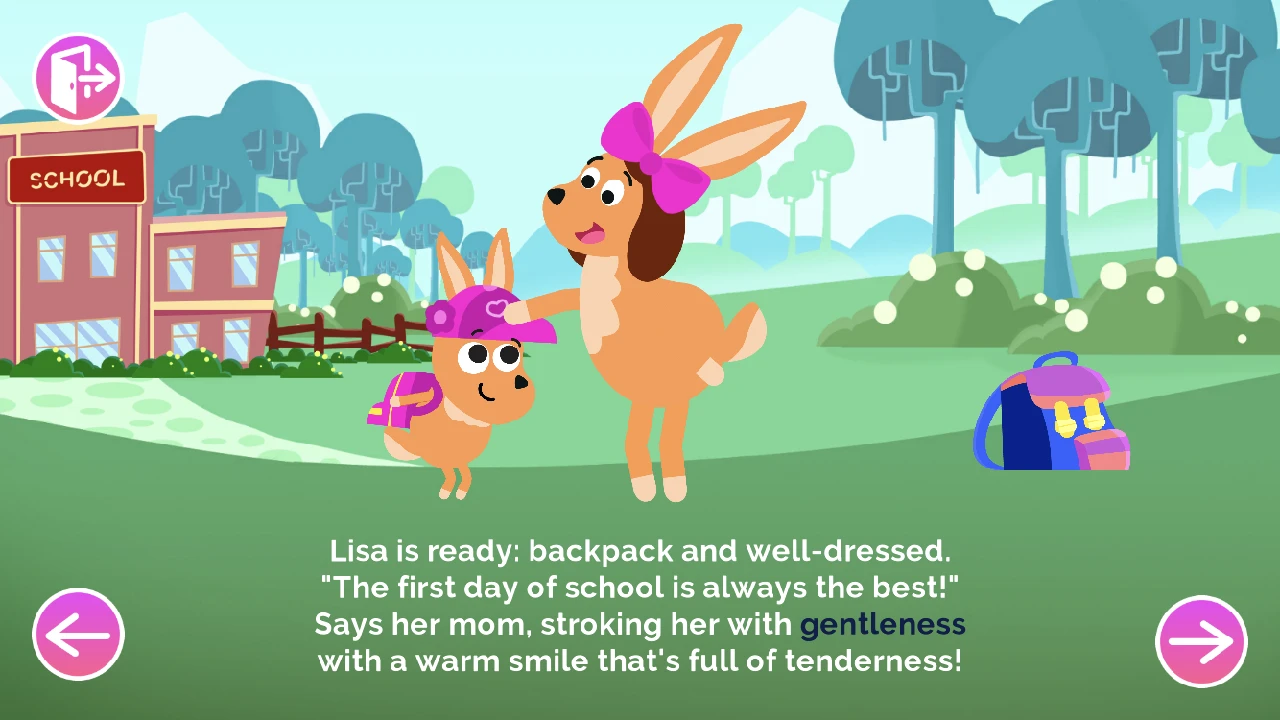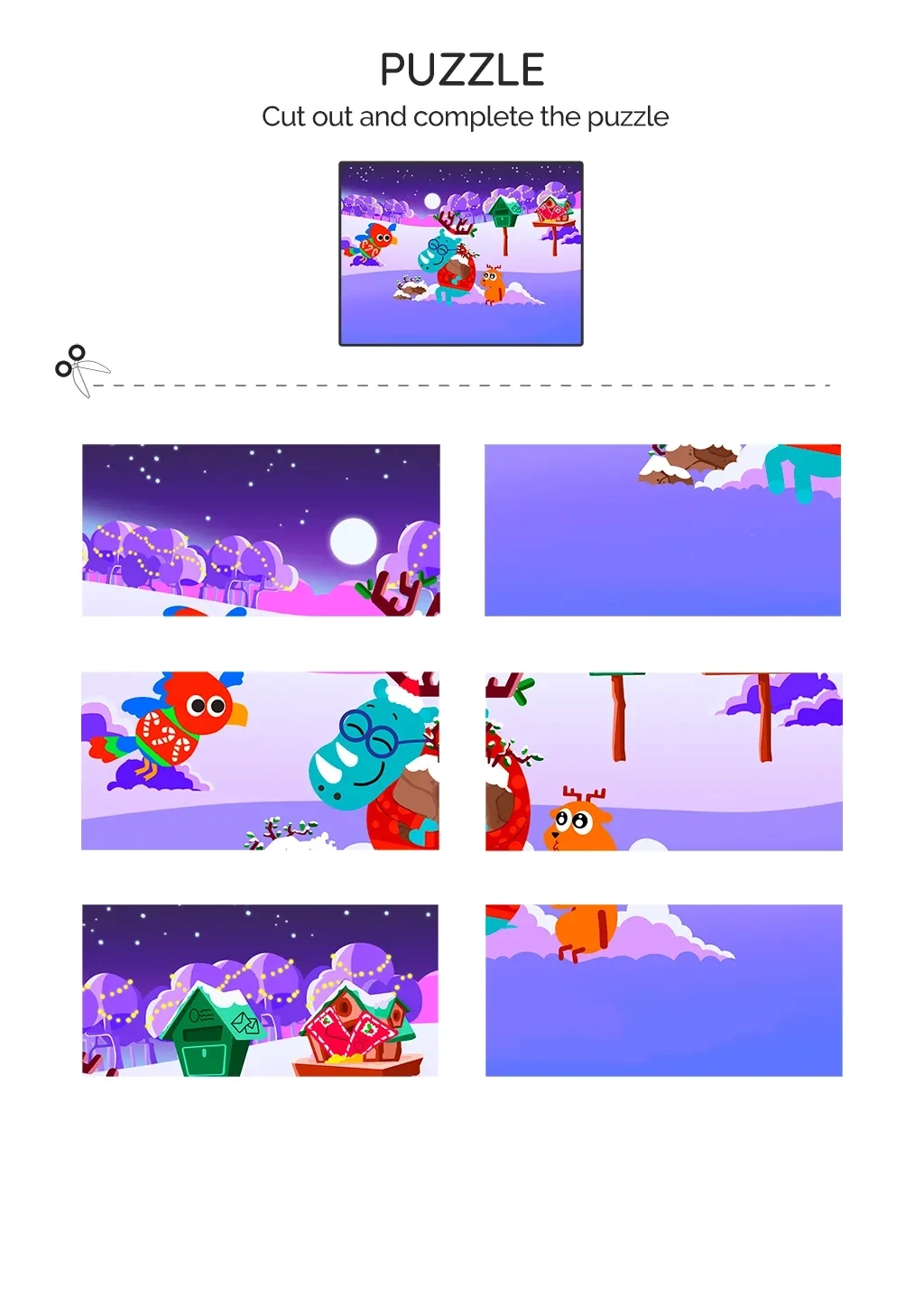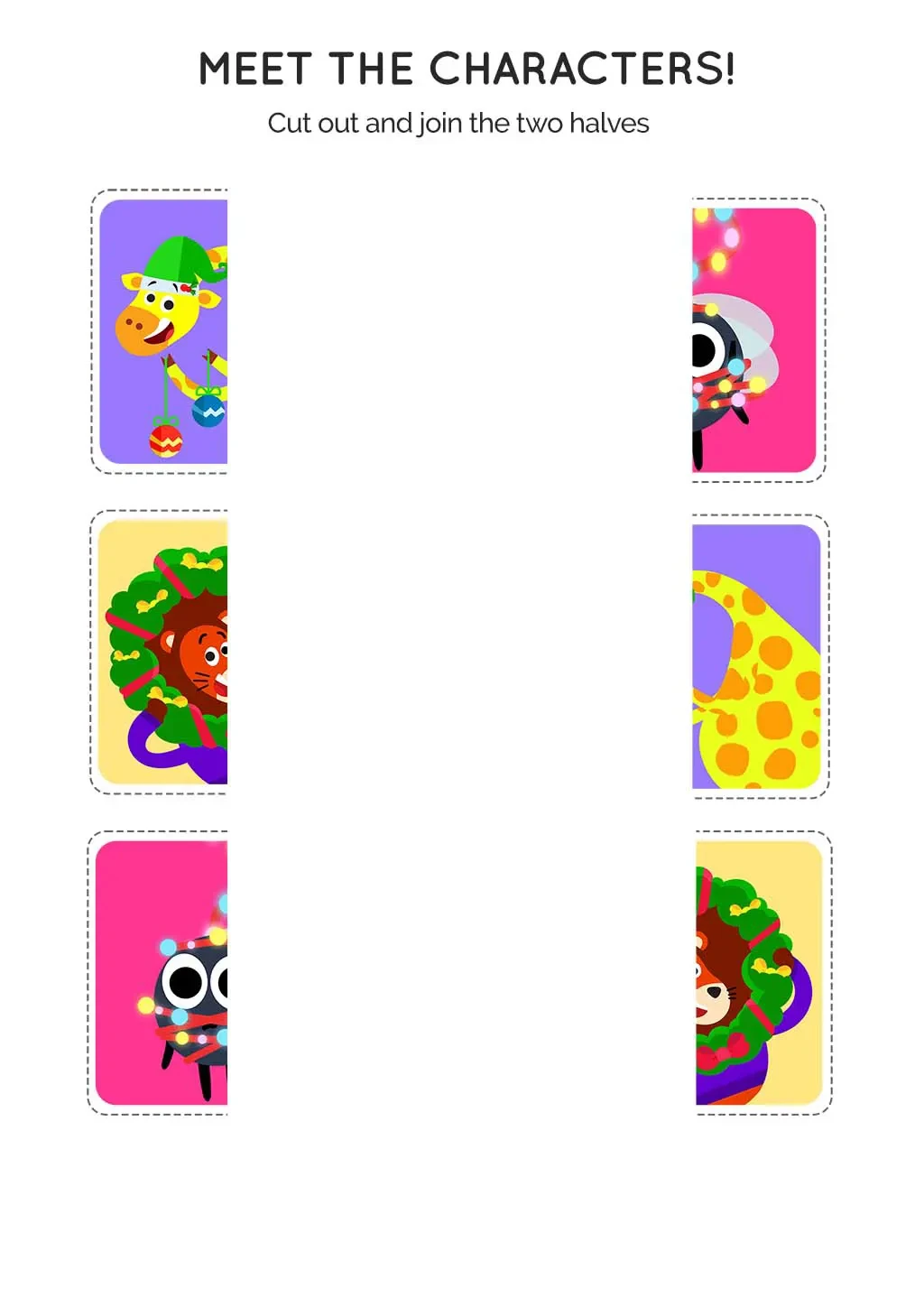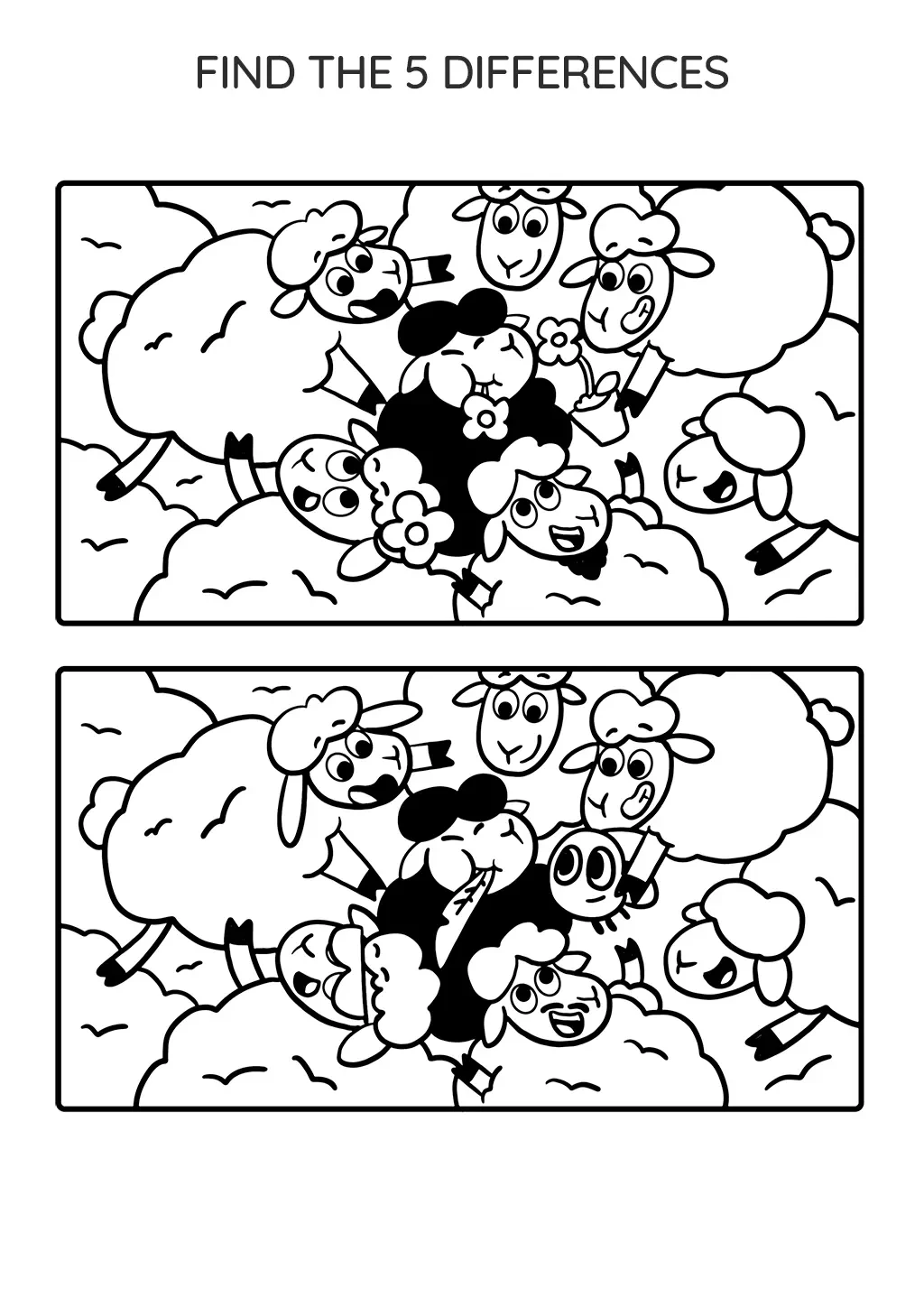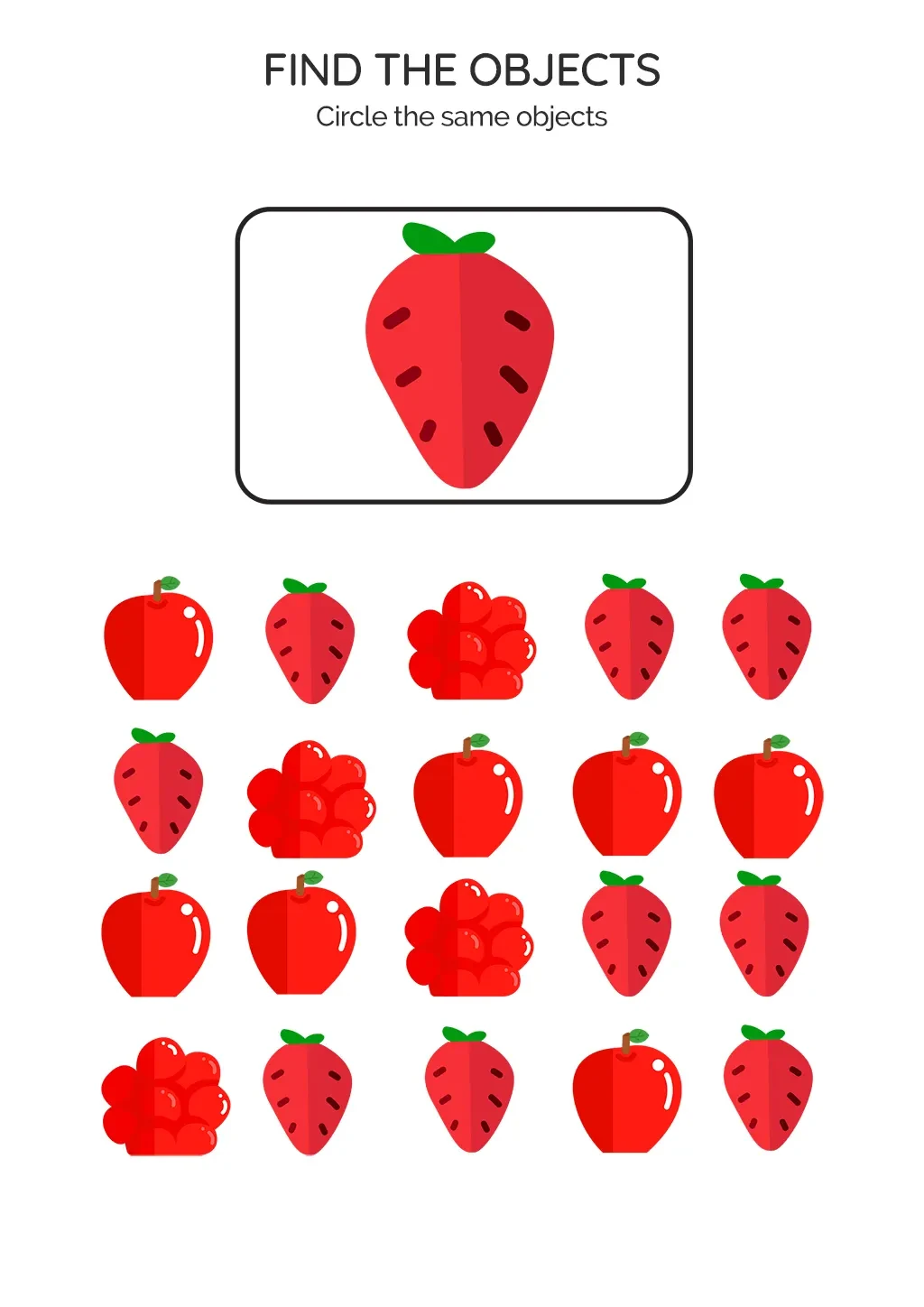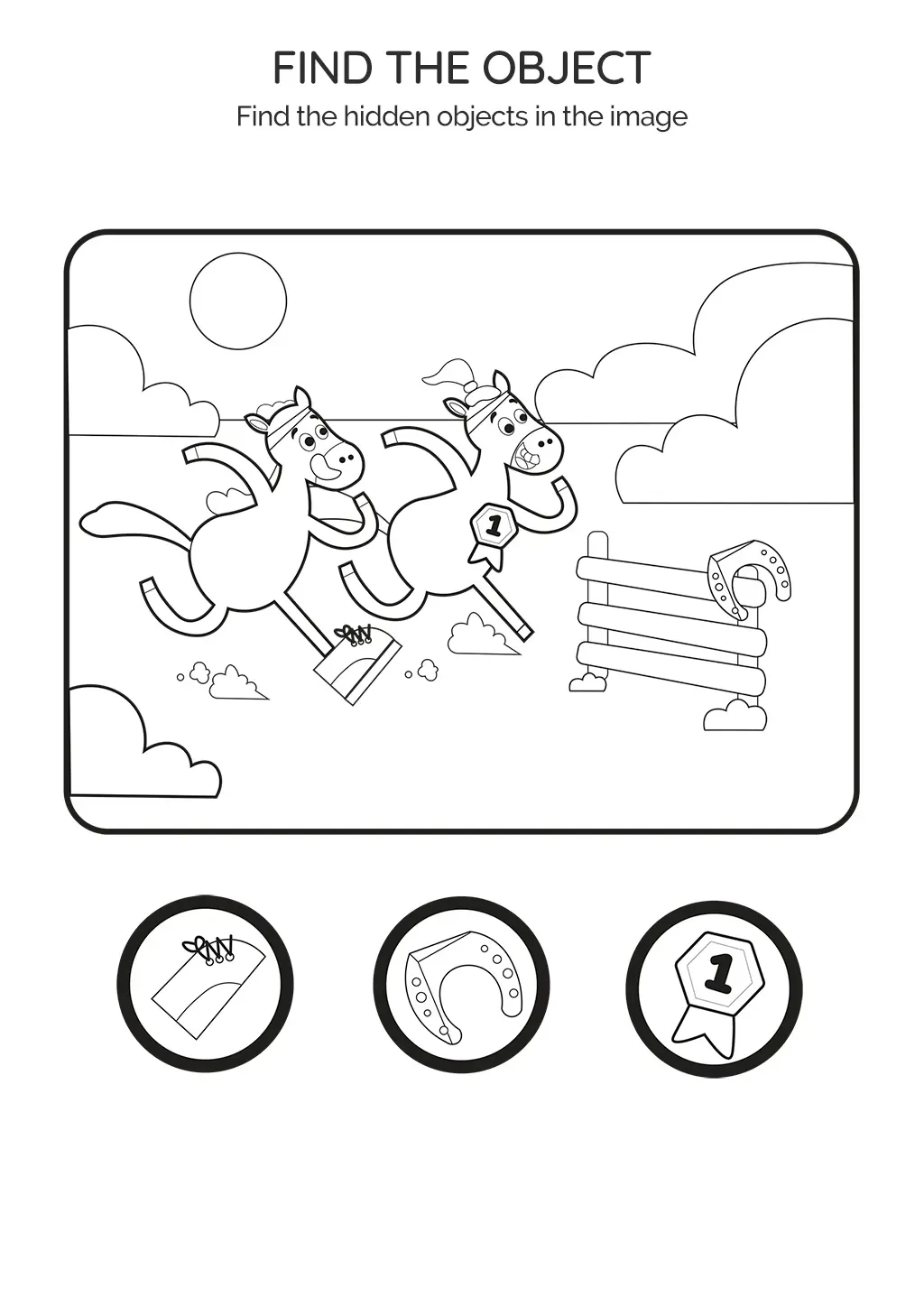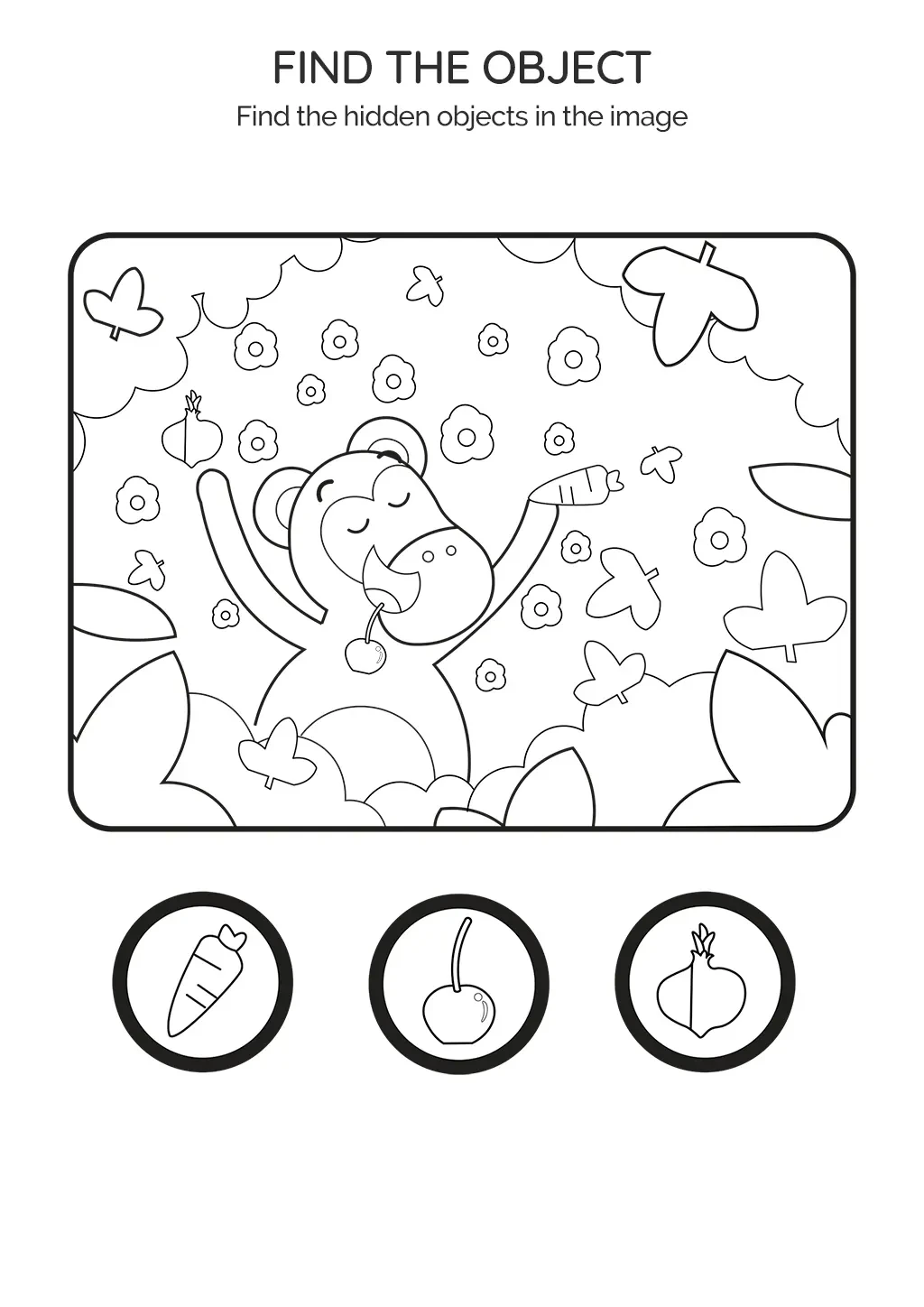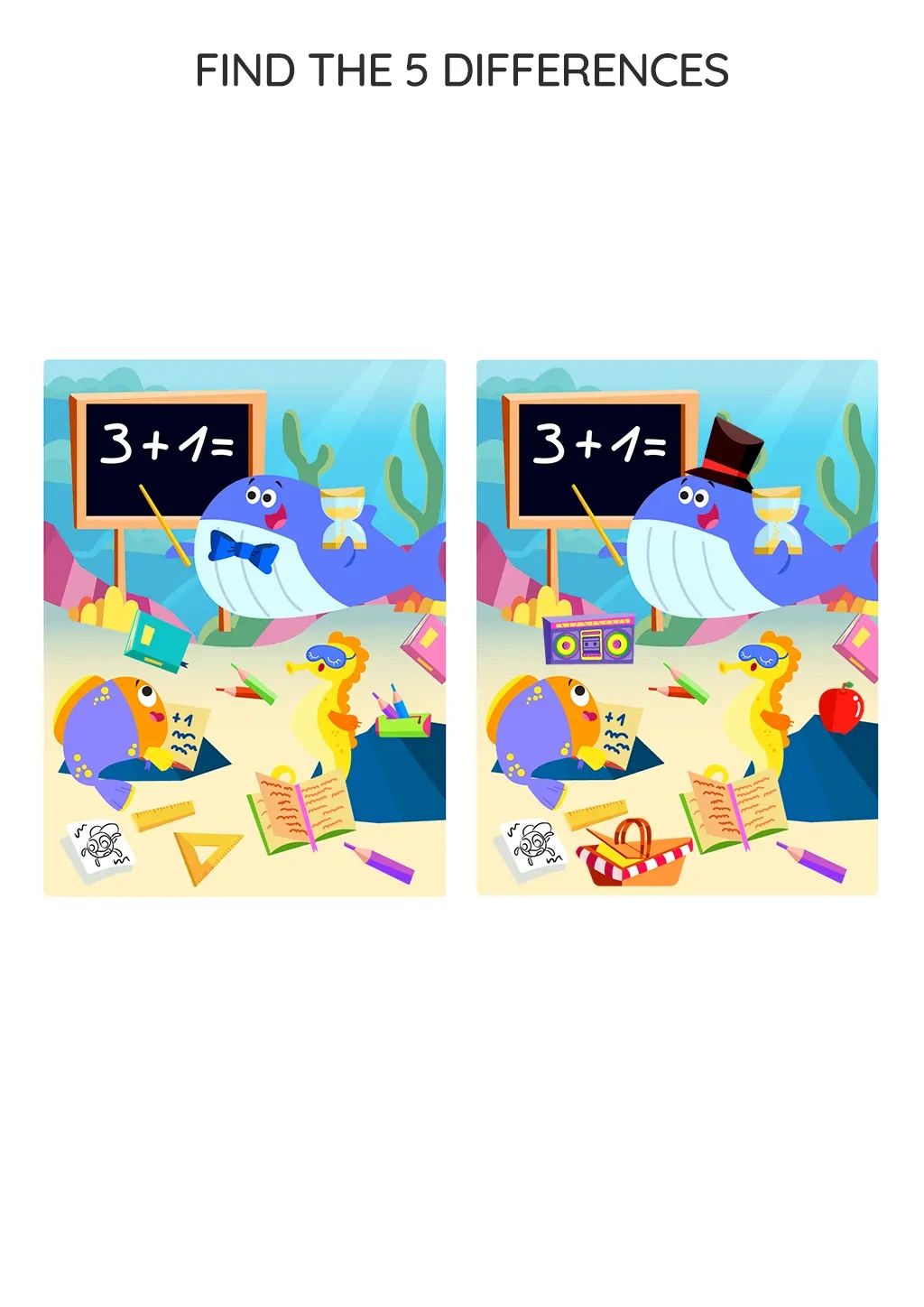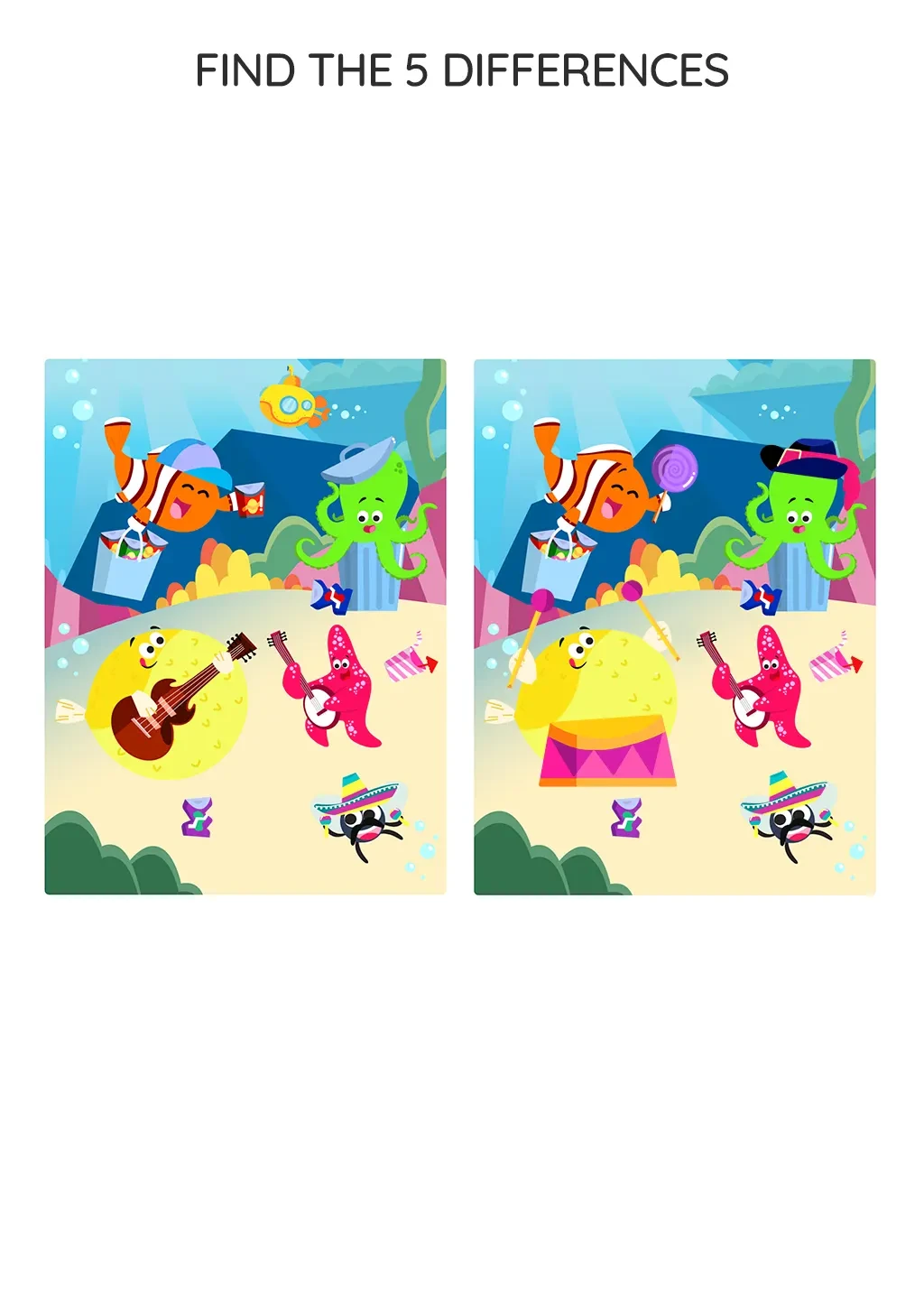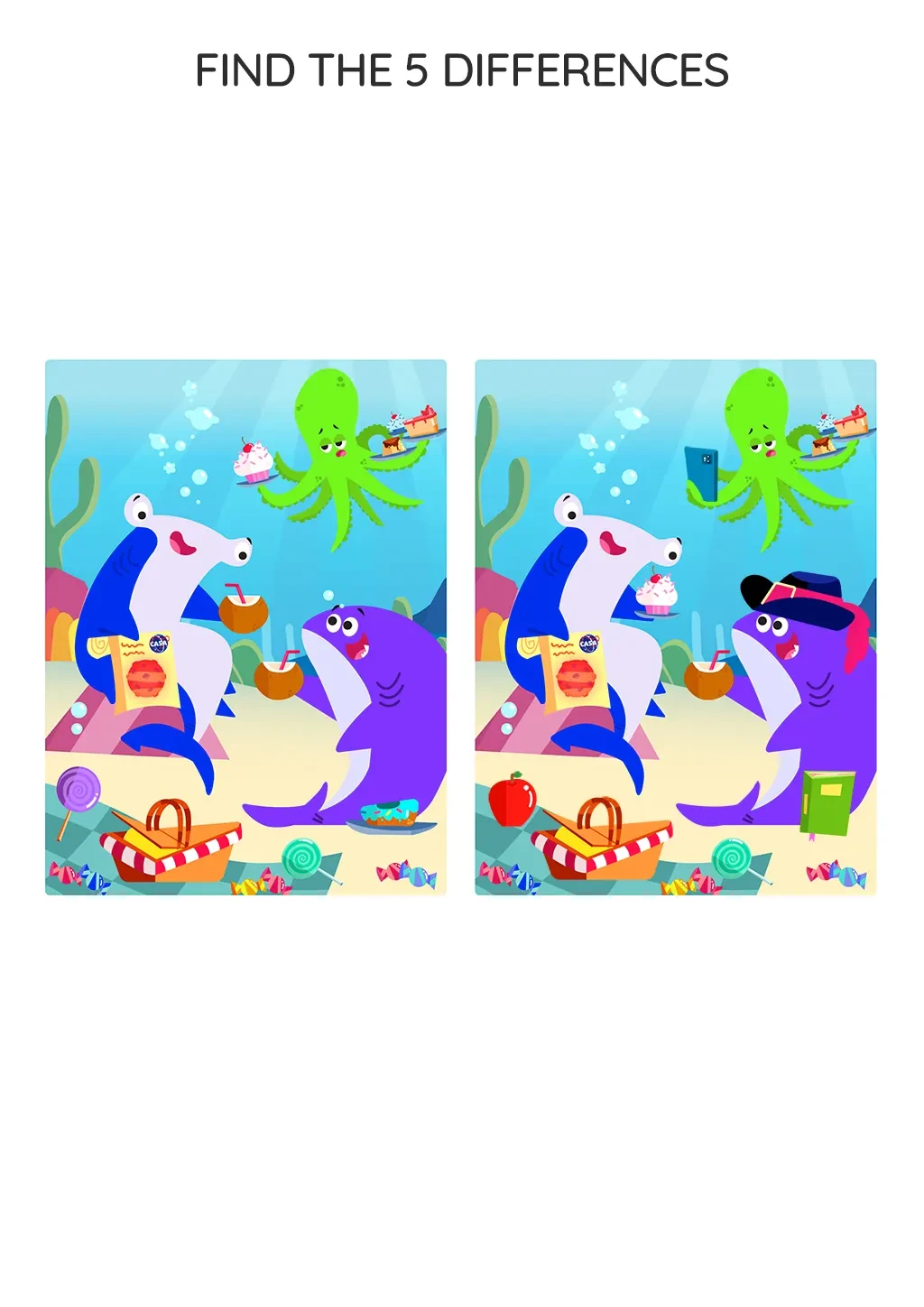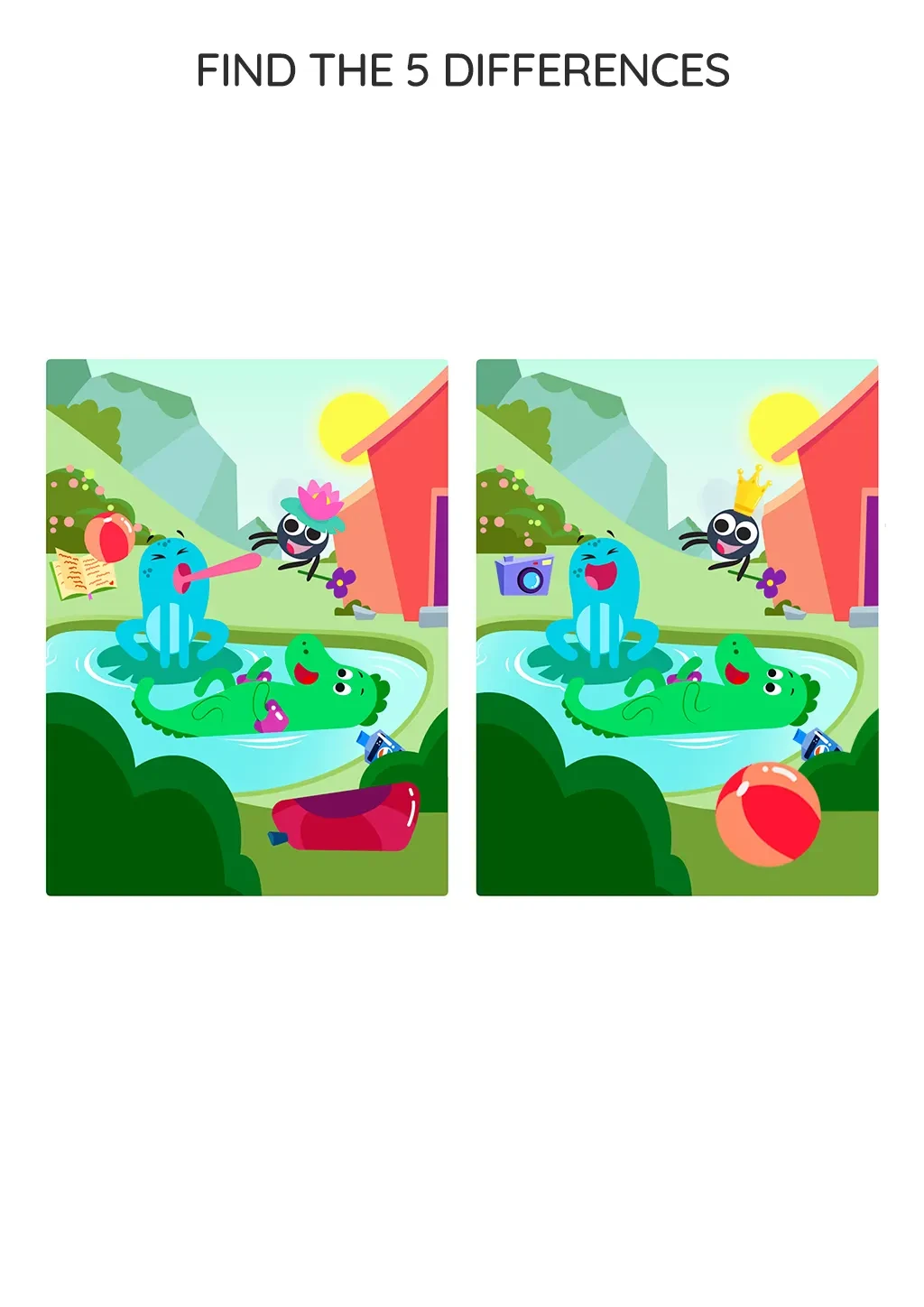Imagine being unable to judge distances accurately, getting lost easily, or struggling to catch a ball thrown at you. These are some of the challenges faced by individuals with poor spatial awareness – a vital cognitive skill we often take for granted. From birth, babies start developing spatial awareness, which helps them understand the world around them. This sense of space helps children interact with their environment and is pivotal in learning important skills such as reading, writing, and mathematics. This fundamental cognitive skill also plays a crucial role in developing motor skills, hand-eye coordination, and problem-solving abilities. In this article, we will delve into spatial perception, its importance for preschool children, and how we can enhance it effectively and engagingly through targeted activities.
Spatial awareness, or spatial perception, refers to the ability to understand the relationship between oneself and the surrounding environment. It involves recognizing the position of objects in space and how they relate to each other and to oneself. This skill is essential not only for basic everyday tasks such as navigating through rooms or playing sports, but also for academic learning. Many facets of mathematics, physics, engineering, and even art require a well-developed sense of spatial awareness. For instance, understanding geometric shapes, visualizing 3D models, or creating balanced compositions in art, all rely on spatial perception. Furthermore, studies have indicated that early spatial skill development can predict later success in STEM (Science, Technology, Engineering, and Mathematics) fields, making it a critical area of focus for early childhood education.
Nurturing spatial perception in children need not be a challenging task. In fact, it can be done through fun and engaging activities that they would love to be a part of. Here are a few ideas:
Always remember, the key is to keep activities enjoyable and playful so children can learn while having fun.
Spatial perception is a foundational skill that significantly influences a child’s cognitive development. By incorporating games, interactive stories, and educational worksheets available on Smart Tales, parents and teachers can effectively and engagingly foster spatial awareness in children. These resources offer numerous opportunities to learn, practice, and enhance spatial perception through immersive, fun-filled experiences.
The collection of interactive stories in the Smart Tales app offers an engaging avenue to explore the concept of spatial perception. With colorful characters and vivid storytelling, children can traverse various landscapes and scenarios that challenge and enhance their spatial awareness, making learning an adventure.
In the Smart Tales app, your child can play a myriad of games designed to boost their spatial perception skills. These engaging games encourage children to navigate through space, fostering their awareness of their surroundings and the relationship between objects, all in an enjoyable, interactive environment.
Smart Tales’ educational worksheets offer children a unique opportunity to further hone their spatial perception skills. With visually stimulating exercises designed by educational experts, these worksheets are ideal for reinforcing the spatial concepts learned through the app’s stories and games, transforming learning into an enjoyable experience.
The ability to perceive and understand spatial relationships is vital for a child’s overall cognitive development and success in several academic fields. Fostering this skill through fun, interactive games, engaging stories, and well-designed worksheets can ensure learning becomes a fulfilling journey. Smart Tales is an exceptional resource that transforms learning spatial perception into an enjoyable and interactive experience, thus promising substantial benefits for your child’s early educational journey.
